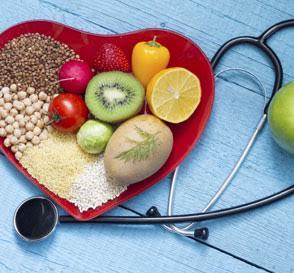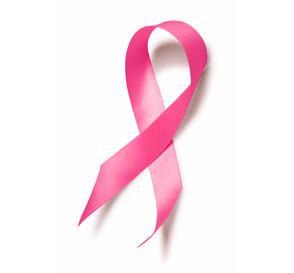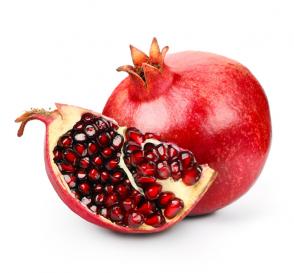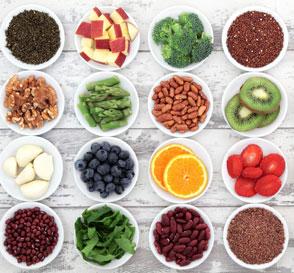

Leave your details below and we'll get back to you!
*All fields are mandatory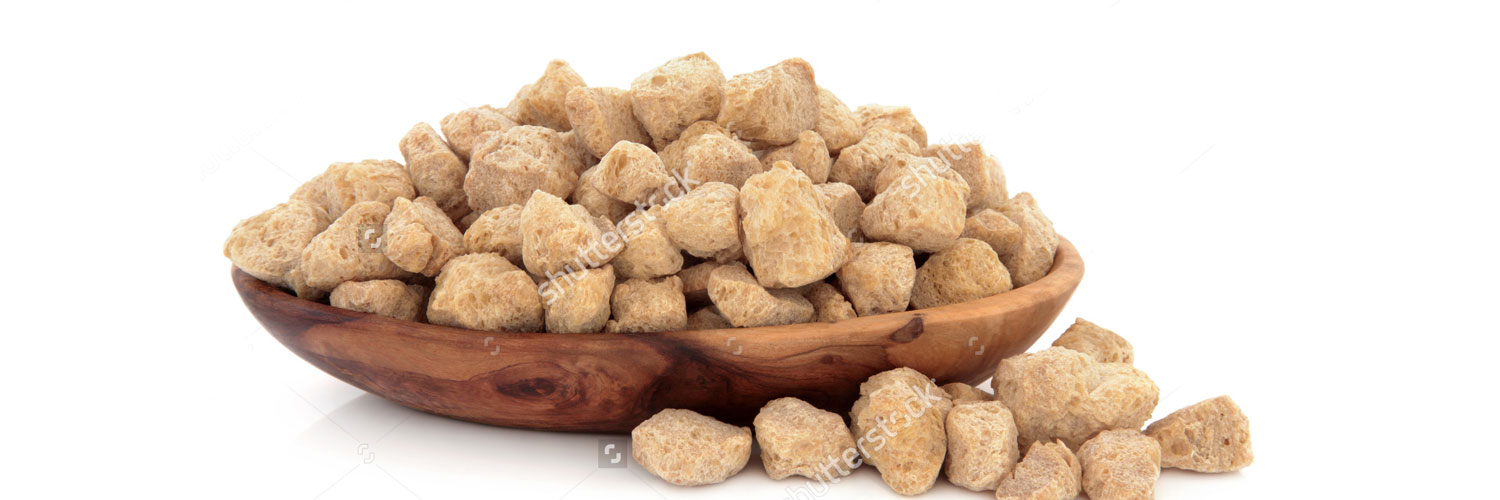
10 Myths of Soya
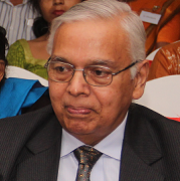
By Dr. Jagdish Pai
Dietician / Nutritionist, Mahalakshmi, Bhulabhai Desai Road
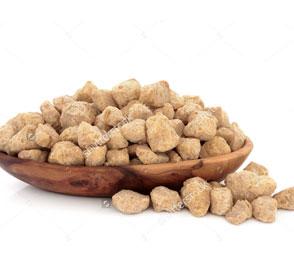
Dr.Pai ED, PFNDAI in association with Nutrela, Ruchi Soya
Myth No. 1: Being a plant protein soya protein is not a good source of protein.
Although most cereal and pulse proteins lack some of the essential amino acids, soya protein is a complete protein just like milk and egg proteins and rates as high as them as per FAO. In fact when combined with other plant proteins it elevates the quality of total protein consumed. In fact it has been recommended for protein deficiency especially in population with a primarily vegetarian diet.
Myth No. 2: Soya increases breast cancer risk.
In some animal studies pure isoflavones have shown ability to promote tumor growth. However, human studies have shown soya isoflavones to be safe as animals and humans metabolise them differently. In fact consumption of soya products has shown lower rates of this disease. Long term studies with large populations have shown no association between soya and breast cancer. Even breast cancer survivors need not worry as study with 9000 breast cancer survivors has shown that eating soya actually lowered the risk of breast cancer recurrence.
Myth No. 3: Men should not eat soya.
Soya contains isoflavones having estrogen-like activity so there was concern whether consumption of soya products would lower testosterone levels in men. Clinical studies have shown this to be false. Couple of reports presented in support of this myth have men consuming excessively large amounts like 3 quarts of soya milk (i.e. 12 servings of soya where scientific bodies recommend 1 or 2 servings per day). Consumption of excess of any food even healthy food like soya will result in undesirable side effects. In fact consumption of recommended amounts of soya foods provide men with certain health benefits like reduced risk of prostate cancer. Studies have shown that soya consumption does not reduce testosterone levels.
Myth No. 4: Soya has no positive effect to reduce Heart Disease Risk
Early studies showed that soya lowered cholesterol, blood pressure and overall congenital heart disease, some were not convinced that soya components other than soya bean oil which is highly unsaturated would have any effect on heart disease. There were also doubts because some thought that because soya replaced red meats with high saturated fat, it increased the risk of heart disease. Studies have shown soya proteins to have a protective effect on the heart. Even isoflavones have the ability of reducing the risk by improving endothelial function, lowering LDL & increasing HDL cholesterols, improving arterial wall function that improves flow-mediated dilation. Although everyone gets benefits, the advantages are more for post-menopausal women.
Myth No. 5: Soya foods cause mineral deficiencies or imbalances.
Soya has appreciable amounts of both phytate and oxalate which are thought to reduce the absorption of calcium. These are present in many cereals and vegetables. However, calcium absorption from soya milk has been about the same as that from cow’s milk and there is no evidence of mineral deficiency or imbalance.
Myth No. 6: All soy products are made from genetically modified organisms (GMOs)
Although a large proportion of soya beans grown in the US are genetically engineered, Indian farmers are still using non-GM soya beans. Even the imported soya products are non-GM type as government has not received any request for permitting the GM varieties of soya beans yet, or any soya products, including protein made from it.
Myth No. 7: Soya should be totally avoided by people with subclinical hypothyroidism
Soya contains isoflavones which may further aggravate this condition if consumed in excess amounts. However, if they consume iodine containing vegetables or use iodised salt and use moderate amounts of soya products they can get many health benefits from soya. If they are taking any medicine for this condition, then it is better to keep a gap of 3 to 4 hours after taking the medicine before taking any soya foods. However, this is a very small proportion of the population that need to take care while consuming soya products.
Myth No. 8: Soya is ineffective in weight reduction
Both soya protein and dietary fibre help in weight management. It has been shown that soya protein consumption helps in obesity control. Fibers have a dual effect. They contribute to satiety so one feels full after a meal containing soya foods and then also manages sugar level in the blood without allowing it to rise too high and then fall too low. A steady sugar level for longer duration helps in controlling hunger.
Myth No. 9: Soya cannot help in bone Health
In post-menopausal women soya containing isoflavones can reduce bone loss and increase bone mineral content. Soya is a good source of calcium and its protein does not have the effect of leaching off the calcium from the bone unlike some animal proteins. Soya consumption has been shown to reduce the risk of osteoporosis in women.
Myth No. 10: Soya should be avoided because of antinutritional factors
Soya beans contain anti-nutritional factors such as haemagglutinins and trypsin inhibitors. However during cooking and processing to make various products these are deactivated so they are harmless. Consuming uncooked soya is harmful.
Myth No. 11: Many products of soya look Non-vegetarian like meat
Although some products were made to look like meat so non-vegetarians could enjoy their food, soya is 100% vegetarian and there are many products like soya milk, tofu etc. which do not look like meat.

Popular Articles
Related Articles












